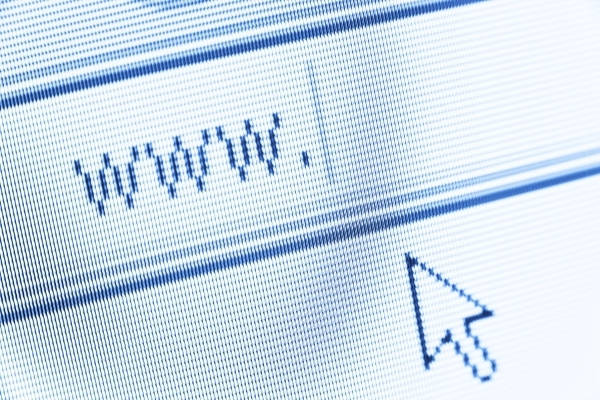What Are Firewalls?
It’s very uncommon to come across a computer that isn’t connected to the internet nowadays, which makes keeping your computer safe on the internet your number one priority – no matter whether you are a home user or a business.
“Firewall” is probably one of the most common phrases that you will come across when looking to secure your computer while browsing the internet, but what does it actually mean?
Despite the name, a firewall isn’t necessarily a physical component. It simply replicates the function of a firewall or fire door in the respect that it prevents malware and malicious attacks from spreading to your computer from the web.
What Do They Do?
Firewalls essentially act as a filter between your computer and the wide world of the internet. You are able to choose what data you want to share with the internet from your computer, and conversely what you don’t want to let onto your computer.
Although they protect your PC from potential malware attacks and unauthorised access of your computer’s data, they should always be coupled with extra security measures such as antivirus software to ensure full protection of your data.
Hardware and Software Firewalls
There are two variants of a firewall – a hardware version and a software version.
Hardware firewalls aren’t actually connected directly to the computer that they are protecting. They are often built in to a network’s router in order to filter the data as it passes through, meaning that the router can protect multiple computers in one go as the malicious data won’t reach the PCs on the network at all.
These are often preferred by home users or small businesses, simply because they require very little in the way of set up. They can also protect multiple computers which are connected to the internet via the same router protected by the firewall.
However, this type of firewall will only look at the data that is coming in from the internet, not the data leaving the computer. Although this is useful, it can fall victim to some viruses such as the Trojan horse, where data seems like it has come from a reliable source but is actually malicious in nature, and can send the data back out without being filtered.
Software firewalls are the more common of the two, with the majority of internet users actively installing them before browsing the wider internet. They are installed onto the machine and monitor both incoming and outgoing data for any suspicious or malicious activity.
The main advantage of a software firewall – other than also monitoring the outgoing traffic – is that it can be customised to the user’s needs. If you need to access a certain website or app, you can change your firewall to allow this connection so that it won’t filter data being sent or coming from that source.
The only drawback to this is that it only protects one computer, and if you have a network of PCs, it is essential that you have a working firewall on each computer.
Choosing the right firewall for your business set up is essential; not only for your peace of mind, but for the safety of your sensitive data, too. If you’d like to find out how we can offerIT support to help protect your business while surfing the internet, feel free to get in contact with us today by calling 01524 581 690 where we will be happy to talk you through our services..



